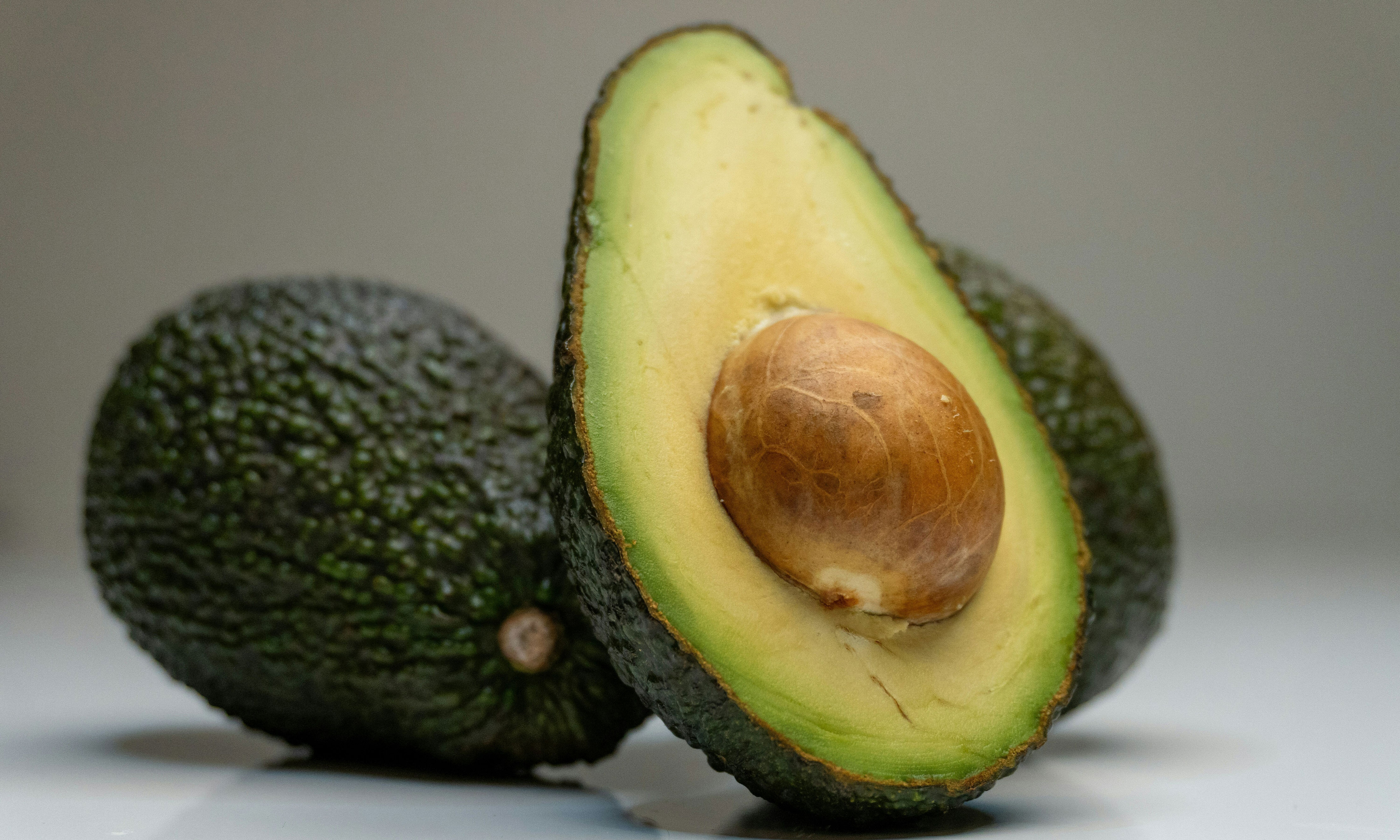
Adding one avocado to your daily diet may lead to long-term improvements in your gut, heart, brain, and overall health.
According to the United States Department of Agriculture, a typical avocado contains 322 calories, 17 grams of carbohydrates, 14 grams of fibre, 4 grams of protein, 30 grams of total fat, 4 grams of saturated fat, 14 grams of sodium, and contains no sugar.
:
Improve your gut health
Avocados are rich in fibre, a nutrient directly linked to improved gut health. The fibre content in one avocado provides nearly half of the recommended daily intake of 28 to 34 grams.
Studies show that regular consumption of avocados leads to an increase in the quantity of fibre-metabolizing bacteria, enhances the production of short-chain fatty acids, and lowers the levels of harmful bile acids in the digestive system.
It can be particularly beneficial since elevated bile acid levels are linked to intestinal inflammation and conditions such as gallbladder problems. Reducing these levels may also help alleviate unexplained diarrhea and malabsorption of nutrients.
Maintain a healthy weight
It was discovered that individuals who consumed one avocado per day for six months were able to maintain a stable body weight. This implies that eating avocados does not inevitably result in weight gain.
It was discovered that daily avocado consumption may prevent weight gain. Another investigation in The Journal of Nutrition found that consuming one avocado a day could lower visceral fat in women.
The key to avocados' role in weight management lies in their fiber and monounsaturated fat content. Fiber helps to promote feelings of fullness, keeping you satisfied for longer, whereas monounsaturated fats (particularly oleic acid) can decrease fat storage when consumed in moderation, as a 2021 review in Nutrients notes.
Lower your risk of heart disease
Avocados are rich in essential nutrients that contribute to maintaining healthy heart function, encompassing potassium, magnesium, dietary fibre, folate, monounsaturated fats, polyphenols, and antioxidants.
Found that eating avocados was associated with a 16% to 22% lower risk of developing cardiovascular disease and heart problems. Research showed that replacing half a serving of butter, margarine, cheese, or processed foods with avocado can significantly lower the risk of these conditions.
Research indicates that avocados may contribute to a reduction in oxidized LDL cholesterol, which is a type of "bad" cholesterol significantly associated with the development of clogged arteries.
Improve your brain function
Avocados contain lutein, a compound present in the human brain believed to offer antioxidant and anti-inflammatory effects, which help safeguard brain cells.
Found that older individuals who ate avocado or guacamole had significantly better cognitive scores, with a notable improvement in their memory performance, which is particularly relevant because memory is usually the first area to deteriorate in individuals with neurodegenerative diseases.



0 Komentar